Oxytocin
Recent articles
The buzziest neuroscience papers of 2023, 2024
The field took note of work on brain-computer interfaces for speech, the mechanism of psychedelics, a broader definition of hippocampal representations, and more.

The buzziest neuroscience papers of 2023, 2024
The field took note of work on brain-computer interfaces for speech, the mechanism of psychedelics, a broader definition of hippocampal representations, and more.
This paper changed my life: Sandra Jurado marvels at the first-ever 3D model of a synaptic vesicle
In this 2006 Cell paper, Shigeo Takamori and his colleagues showcased the molecular machinery of synaptic vesicles in outstanding detail. Their work taught me that these aren’t just passive containers for neurotransmitters but dynamic, precision-built nanomachines.

This paper changed my life: Sandra Jurado marvels at the first-ever 3D model of a synaptic vesicle
In this 2006 Cell paper, Shigeo Takamori and his colleagues showcased the molecular machinery of synaptic vesicles in outstanding detail. Their work taught me that these aren’t just passive containers for neurotransmitters but dynamic, precision-built nanomachines.
Oxytocin shapes both mouse mom and pup behavior
Distressed pups emit distinct cries for help, which depend on oxytocin neurons in their hypothalamus.
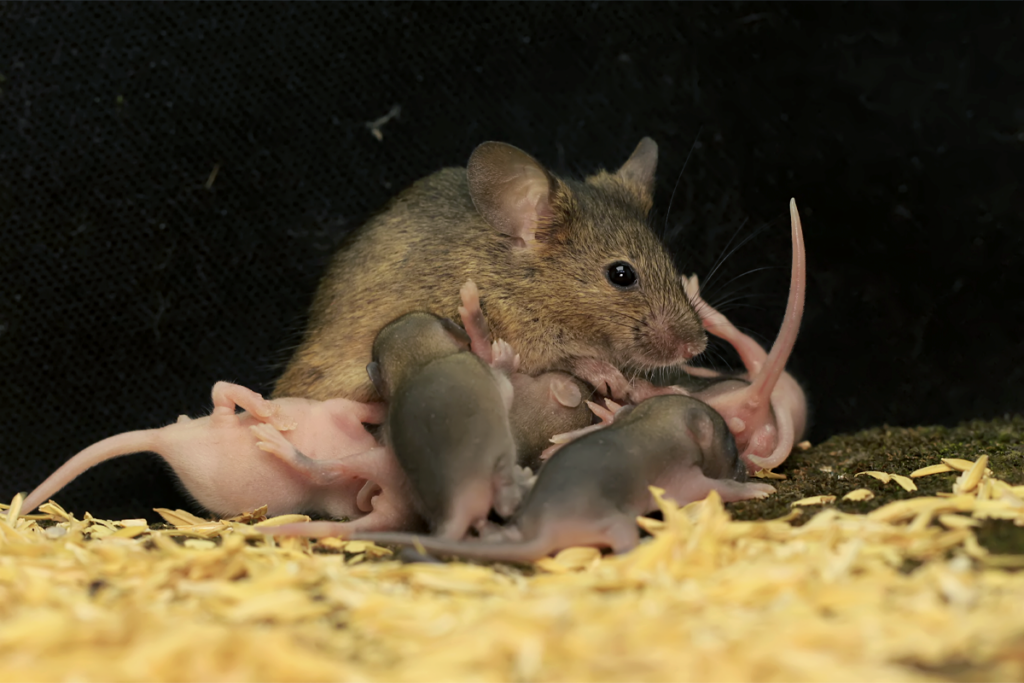
Oxytocin shapes both mouse mom and pup behavior
Distressed pups emit distinct cries for help, which depend on oxytocin neurons in their hypothalamus.
Oxytocin prompts prairie voles to oust outsiders, fortifying their friendships
The “love hormone” drives the neurobiology behind platonic bonds in animals usually studied for their romantic attachments.
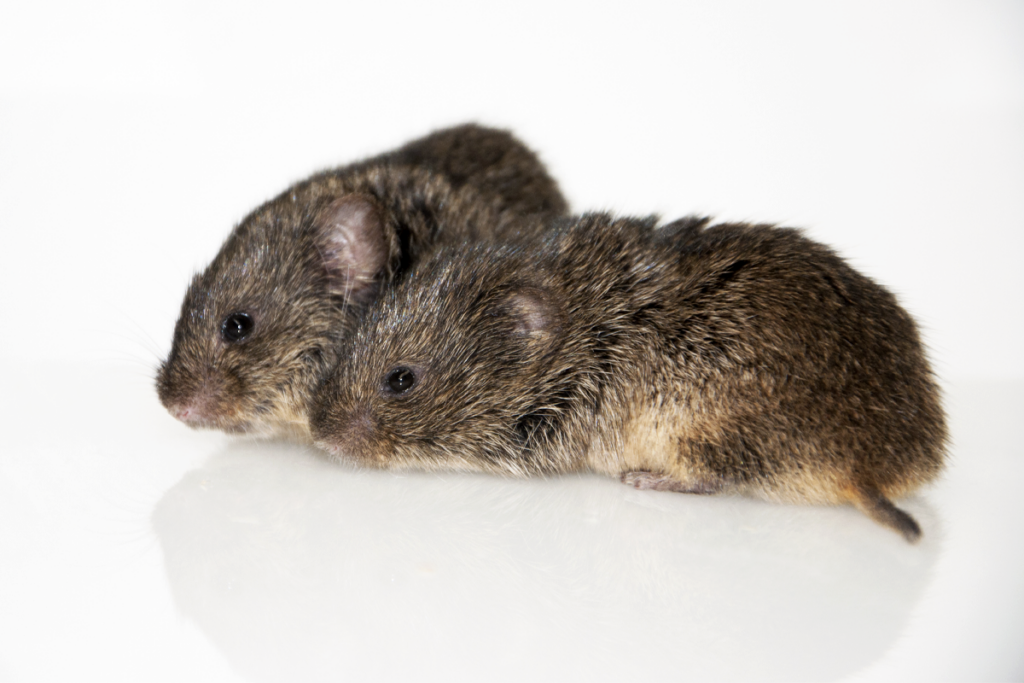
Oxytocin prompts prairie voles to oust outsiders, fortifying their friendships
The “love hormone” drives the neurobiology behind platonic bonds in animals usually studied for their romantic attachments.
Larry Young built bridges with his social neuroscience research
Known for his work bringing oxytocin studies to the mainstream, Young died unexpectedly last month.

Larry Young built bridges with his social neuroscience research
Known for his work bringing oxytocin studies to the mainstream, Young died unexpectedly last month.
Newly found hypothalamus circuits shape bullying behaviors in mice
Activity in the tiny brain region helps submissive rodents learn to avoid aggressors, and aggressive mice to curb their attacks, according to two recent studies.
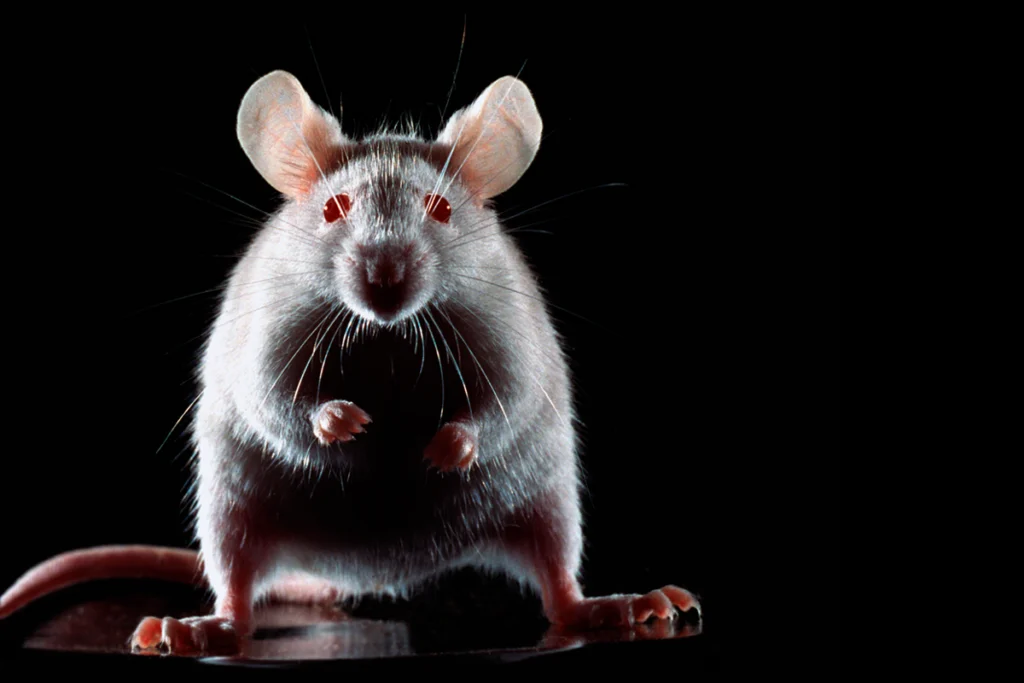
Newly found hypothalamus circuits shape bullying behaviors in mice
Activity in the tiny brain region helps submissive rodents learn to avoid aggressors, and aggressive mice to curb their attacks, according to two recent studies.
New test taps nose pokes as a proxy for social motivation in mice
Over one hour, a particularly motivated mouse poked its nose 350 times into a hole in the test chamber in the hopes of meeting a playmate.
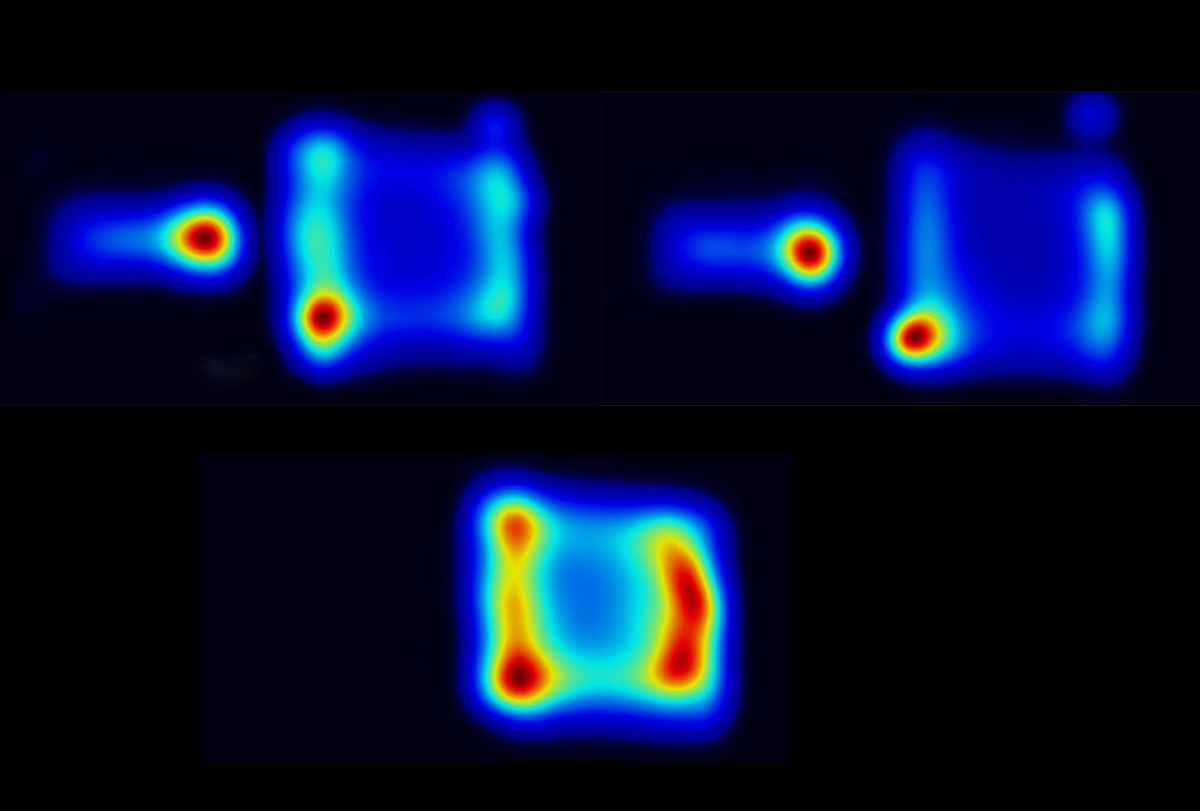
New test taps nose pokes as a proxy for social motivation in mice
Over one hour, a particularly motivated mouse poked its nose 350 times into a hole in the test chamber in the hopes of meeting a playmate.
Psychedelics give mice second chance to learn social rewards
The drugs may reopen a critical window during development in which the brain can more easily adjust its connections.
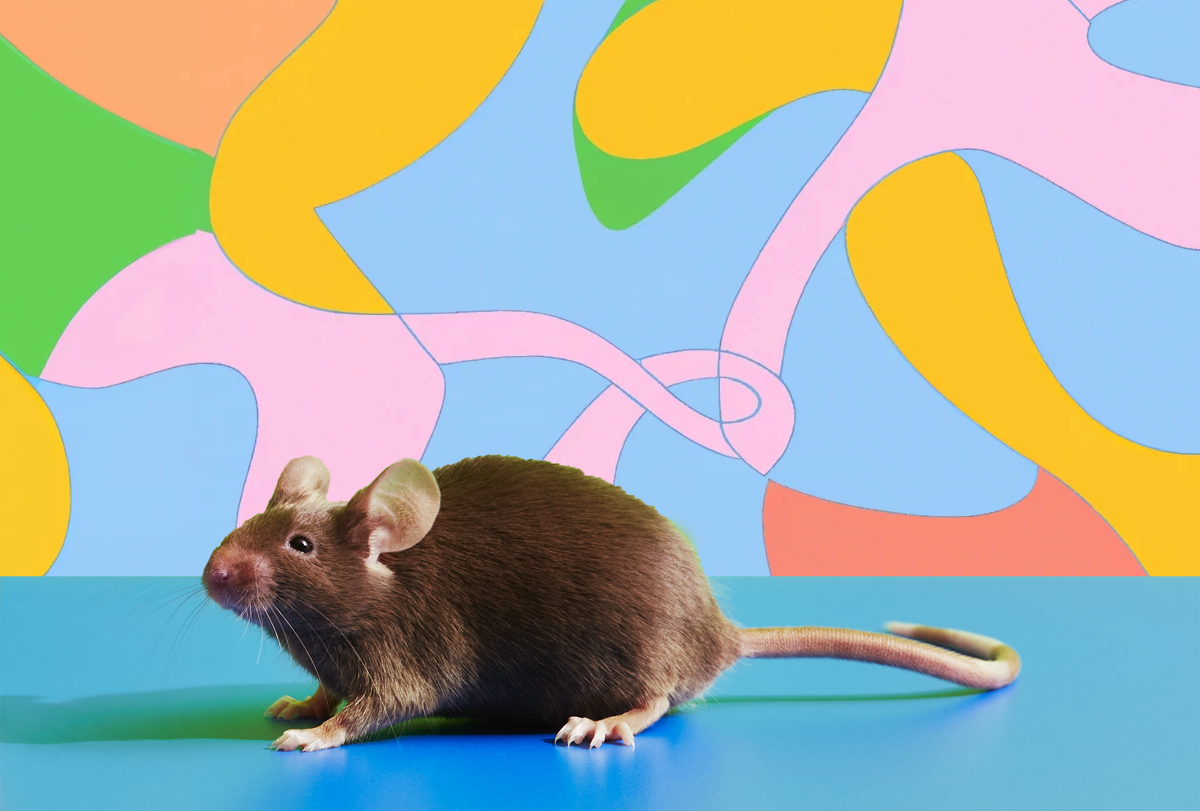
Psychedelics give mice second chance to learn social rewards
The drugs may reopen a critical window during development in which the brain can more easily adjust its connections.
CRISPR tool rids rodents of oxytocin receptors
The approach provides an “off-the-shelf” way for researchers to compare oxytocin function across species, the team says.
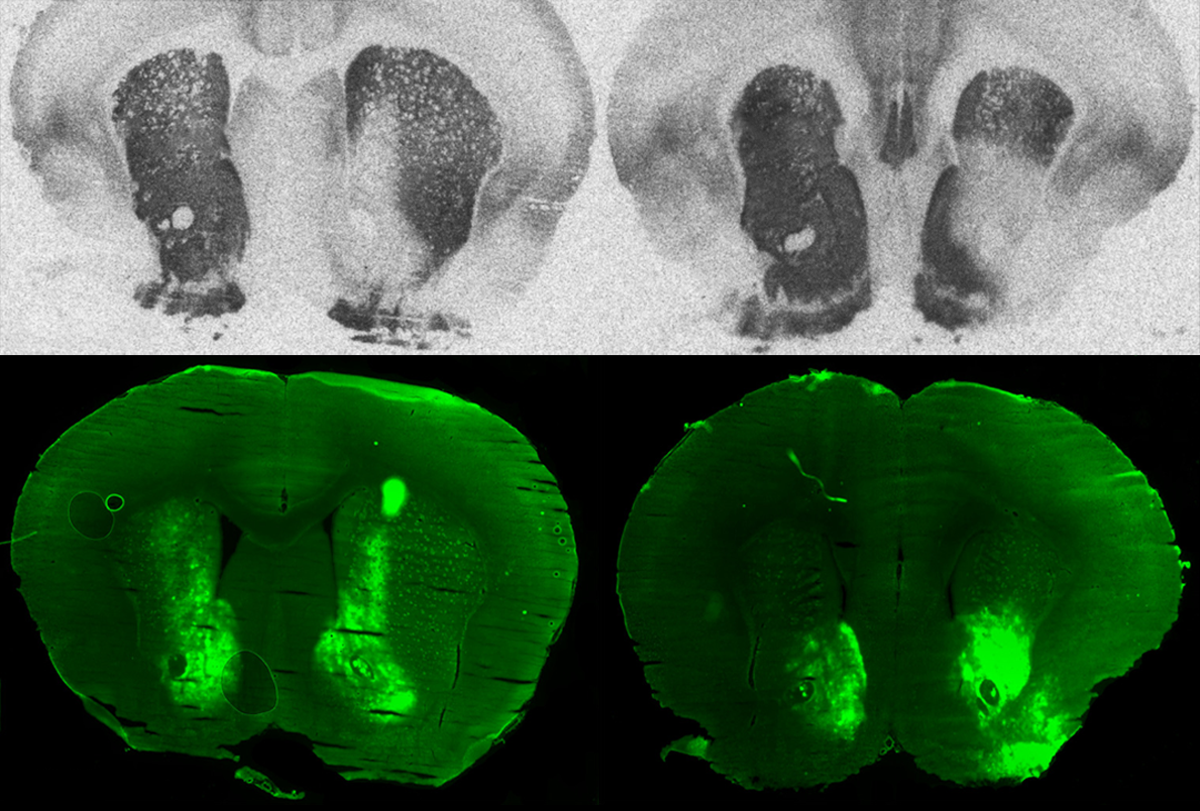
CRISPR tool rids rodents of oxytocin receptors
The approach provides an “off-the-shelf” way for researchers to compare oxytocin function across species, the team says.
Swings and misses with Jeremy Veenstra-VanderWeele
A careful clinician who prizes evidence, Jeremy Veenstra-VanderWeele is happy to embrace trial failures, as long as he learns from them.
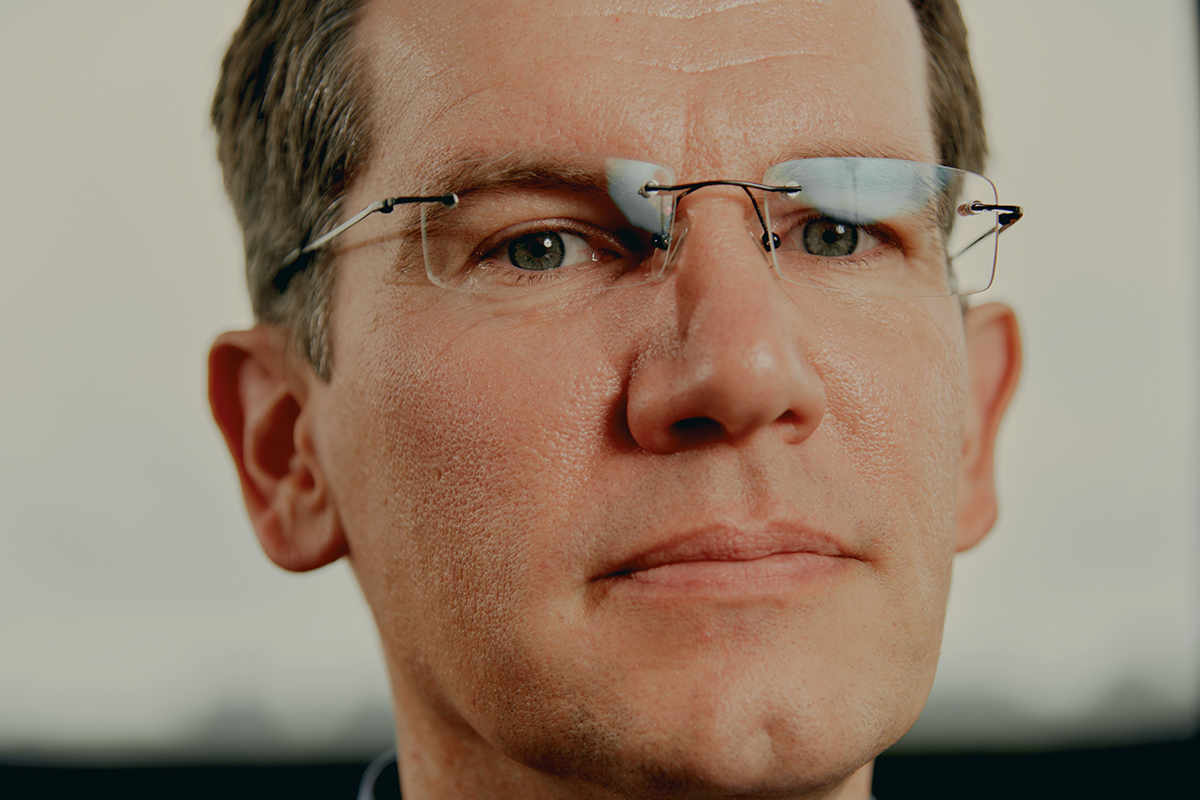
Swings and misses with Jeremy Veenstra-VanderWeele
A careful clinician who prizes evidence, Jeremy Veenstra-VanderWeele is happy to embrace trial failures, as long as he learns from them.
Explore more from The Transmitter
Frameshift: Raphe Bernier followed his heart out of academia, then made his way back again
After a clinical research career, an interlude at Apple and four months in early retirement, Raphe Bernier found joy in teaching.

Frameshift: Raphe Bernier followed his heart out of academia, then made his way back again
After a clinical research career, an interlude at Apple and four months in early retirement, Raphe Bernier found joy in teaching.
Organoid study reveals shared brain pathways across autism-linked variants
The genetic variants initially affect brain development in unique ways, but over time they converge on common molecular pathways.

Organoid study reveals shared brain pathways across autism-linked variants
The genetic variants initially affect brain development in unique ways, but over time they converge on common molecular pathways.
Single gene sways caregiving circuits, behavior in male mice
Brain levels of the agouti gene determine whether African striped mice are doting fathers—or infanticidal ones.

Single gene sways caregiving circuits, behavior in male mice
Brain levels of the agouti gene determine whether African striped mice are doting fathers—or infanticidal ones.